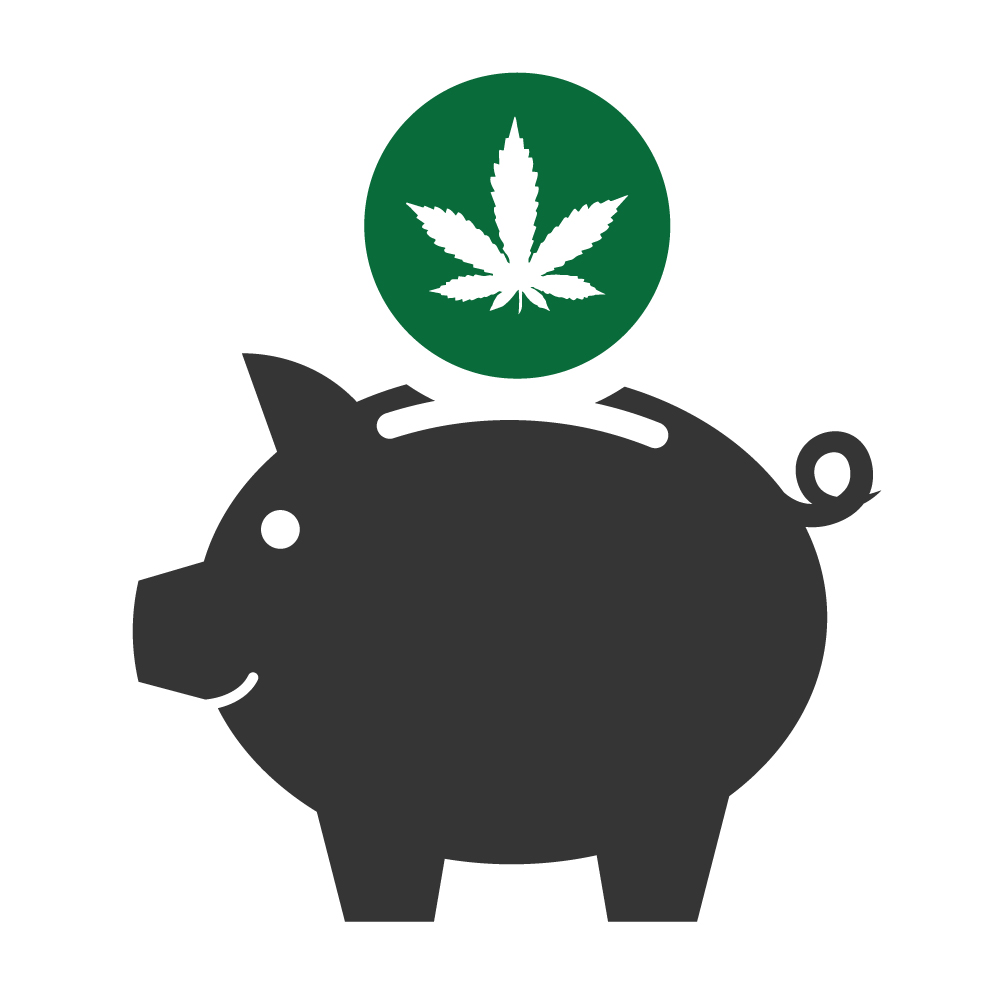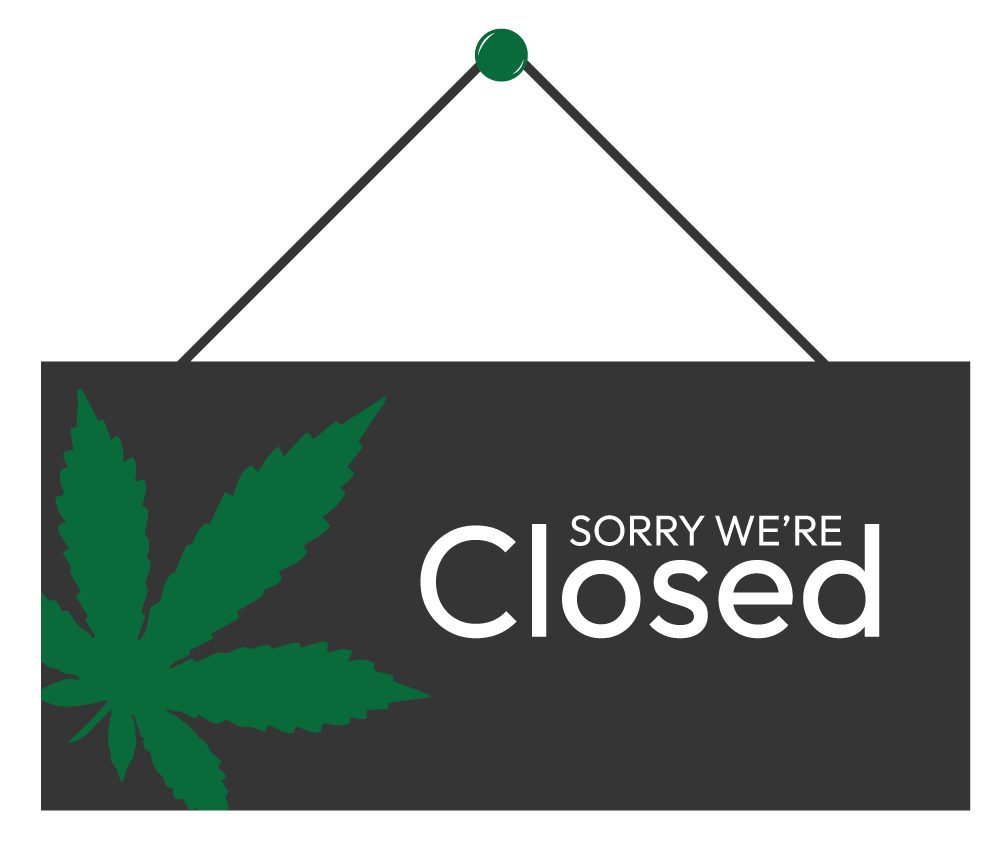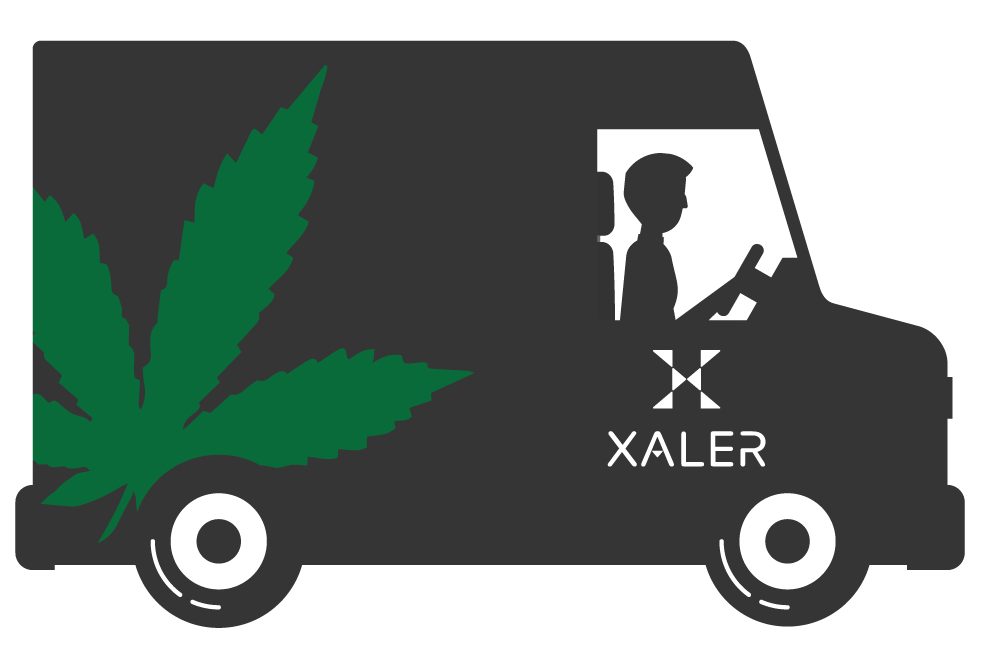How Does California Marijuana Tax Work?
The Golden State legalized recreational marijuana back in 2016. California has since continued to rapidly advance as one of the leading adult-use states in the industry.
Here at Xaler, we realize that keeping up with the ever-changing laws and regulations revolving around the legal cannabis market can be difficult.
Continue reading for a full breakdown of California’s marijuana tax policies and laws. We’ll also talk about what it means for retailers and cultivators in the state.

Rising Numbers in an Exploding California Legal Cannabis Industry
California was part of the first wave of states to reach full legalization. Since then the state has experienced major changes and shifts in their tax policies/licensing in a matter of six years.
In 2020, states such as California granted licensed cannabis dispensaries, retailers, and manufacturers as “essential businesses” to stay open during the unprecedented pandemic.
In the time of a pandemic and federal prohibition of cannabis, these states still saw a drastic increase in the overall income of the industry.
According to MJBiz Daily’s Industry Factbook, cannabis sales in California hit $4.4 billion in 2020. This number increased 57% from the prior year in 2019, ($2.8 billion).
Additionally, during the 2020 – 2021 year, the state of California reached around $817 million in adult-use marijuana tax. This number also increased 55% from the previous fiscal year.
As this annual data and sales statistics continue to swiftly increase, the rules and regulations surrounding California’s cannabis tax are explicitly moving at the same pace.
How Do These Cannabis Taxes Work?
Today, the industry is subjected to local cultivation, processing, manufacturing, distribution, and retail taxes. Even road taxes are imposed for the transportation of cannabis goods and products.
Ironically enough, cannabis is the only agricultural crop in California with a cultivation tax linked to it. Raisins, wine, grapes, and other cash crops in this state are free of these pricey cultivator tax laws.
At the beginning of this year, the California Department of Tax and Fee Administration (CDTFA) put together a tax guide for cannabis businesses. This guide goes in-depth to break down the changes and adjustments made to these cannabis tax laws.
The CDTFA’s website explains that Assembly Bill 1872 was passed in January of 2020. It requires the state to annually adjust these cultivation tax rates for inflation.

As of January 1st, 2022, the following tax rules and regulations have been set by the CDTFA for the state:
Cultivation Tax Rate Increase – The cultivation tax rates reflect an adjustment for inflation as required by the Cannabis Tax Law. The adjusted rates for each category shown below will be reflected on the monthly and quarterly cannabis tax returns beginning January 1, 2022.
California’s cannabis cultivation tax rose to $10.08 per dried flower ounce, compared to the $9.65 per ounce that was established two years prior.
Increasing Cannabis Retail Taxes
Cannabis retailers and distributors in the state of California are linked to strict tax laws from the CDTFA, as well.
Specifically, cannabis retailers are legally required to be authorized by the Bureau of Cannabis Control (BCC). This is before giving away any amount of cannabis or cannabis products.
The BCC agency administers this cannabis licensing for retailers and distributors such as a California weed delivery service or a brick and mortar dispensary shop.
For these retailers, California also collects an excise tax on most of these distributed and manufactured cannabis products. As of now, the cannabis excise tax is set at 15% of the average legal cannabis retail market price.

Additionally, California retailers and distributors are required to register and follow established retail rules within the state. The state’s CDTFA website includes the following:
- Retailers must register for a seller’s permit and obtain a cannabis retail license from the California Department of Cannabis Control.
- Retailers are required to charge and collect sales tax on taxable retail sales of cannabis and/or products.
- All sales and tax returns must be electronically filed to the state of California.
- Retailers must charge and collect the cannabis excise tax from customers who purchase cannabis products.
- All cannabis excise tax due to the distributor must be paid.
- Retail businesses must provide customers with an invoice or receipt that states, “The cannabis excise taxes are included in the total amount of this invoice.”
The state was one of the first to have the opportunity to establish a legal cannabis market. However, California cannabis businesses and growers are struggling to keep up. This is because of the speedy increase of cultivator and retail tax policies.
What Does This Mean for California?
Amid suffering a troubling pandemic and experiencing increasing cannabis sales, California has experienced many ups and downs within its legal cannabis industry.
The past few years have weighed great difficulty on California residents. Consider the small mom-and-pop shops, small cannabis dispensaries, or local California-based companies that have originated in the cannabis community:
These drastic increases in state taxes have left these small businesses to close their doors, lose their jobs, or cut corners to make financial ends meet.
Labor unions and workers have protested for better wages and fair tax policies, fighting for the protection of their companies and safe work conditions.
Cultivators, retailers, manufacturers, and distributors of California continue to power through these intensifying tax policies and the financial hardship that reflects from them.

Xaler: Affordable & Fast Weed Delivery
As a large and successful state in the cannabis industry, California is operating complex tax policies and regulations to outline a structure for the legal market as a whole.
Luckily, Xaler is a licensed California retail operator that offers speedy and cost-effective cannabis products right to your door.
Our cannabis service proudly offers free delivery for those customers in the West Los Angeles area.
Keep following our Blog Page & Connect with Us on Instagram to stay updated on the latest Xaler news, the hottest products—and much, much more!


